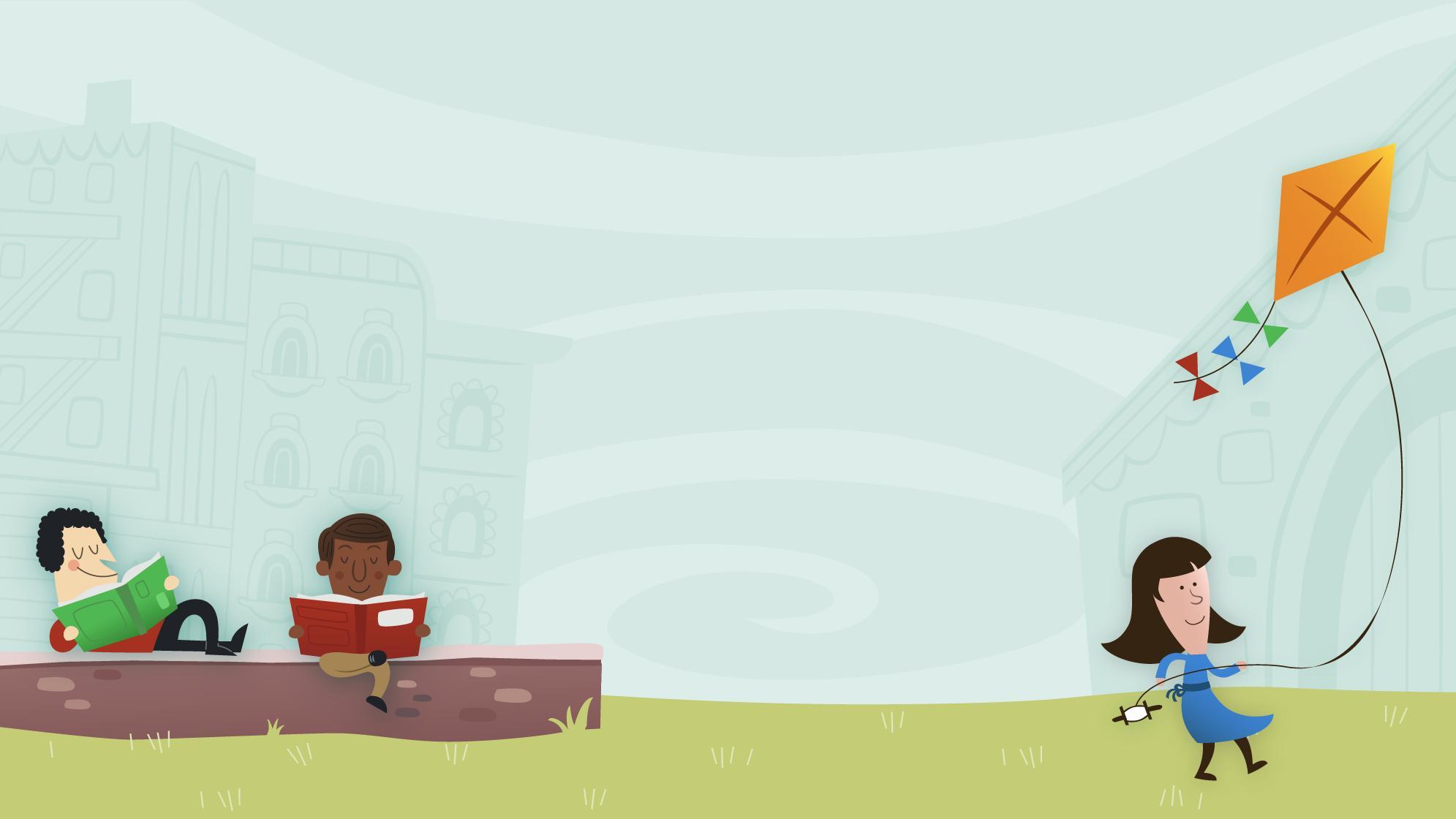

Reception at Yarm Primary
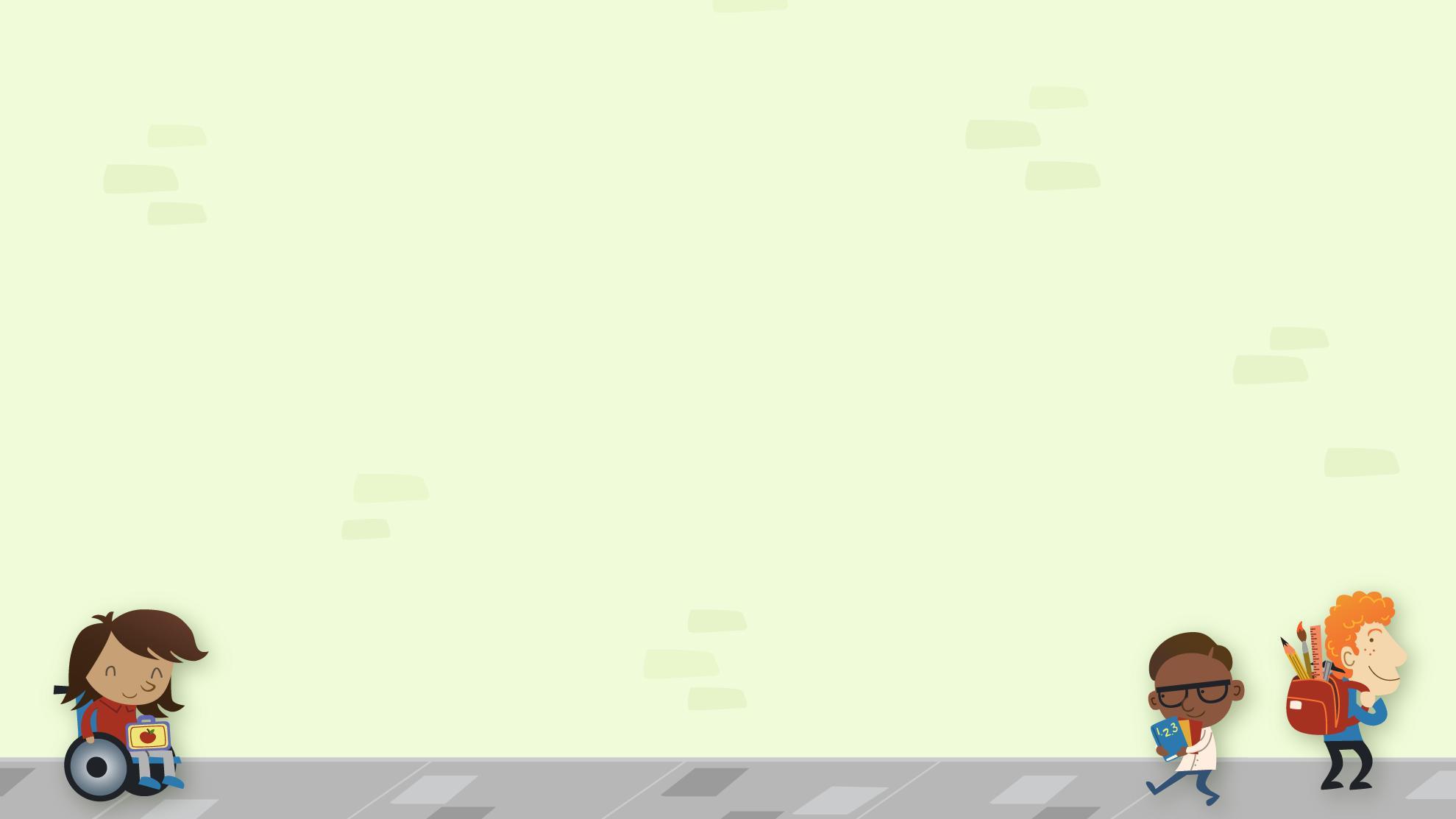
Early Years Foundation Stage (EYFS)

In Reception, we follow the Early Years Foundation Stage (EYFS) Curriculum — a framework that supports the children’s development, learning, and well-being from birth to age five. It focuses on helping children develop a broad range of knowledge and skills to give them the best possible start in life and prepare them for Year 1.
Early Years Curriculum

The EYFS curriculum is split into 7 areas of learning and development:
Prime Areas: Communication and Language
Listening, understanding, and speaking confidently.
Physical Development
Gross and fine motor skills (movement, coordination, control).
Personal, Social and Emotional Development
Building confidence, relationships, and understanding emotions.
Early Years Curriculum
Specific Areas

Literacy
Reading and writing.
Mathematics
Understanding numbers, counting, shape, space, and measures.
Understanding the World
Exploring the environment, people and cultures.
Expressive Arts and Design
Creative expression through art, music, role-play, and more.
What are the Early Learning Goals (ELGs)?

By the end of the Reception year, children are assessed against 17 Early Learning Goal (ELGs). These are benchmarks that show whether a child has reached the expected level of development for their age.
Some examples include:
• Being able to take turns and follow instructions (Personal, Social and Emotional Development)
• Reading simple sentences (Literacy)
• Counting to 20 and solving basic problems (Mathematics)
• Showing creativity through drawing or building (Expressive Arts and Design)
• Important to Know: Children develop at different rates — and that’s completely normal. The ELGs help us understand where your child is, so we can support their next steps.
What does learning look like in Reception

Learning in Reception is practical, play-based, and hands-on.
Children learn best when they are curious, active, and having fun — so you might see activities like:
• Building with blocks
• Storytime and phonics games
• Exploring outdoors
• Painting and crafting
• Counting games and puzzles
• Role-play and dressing up
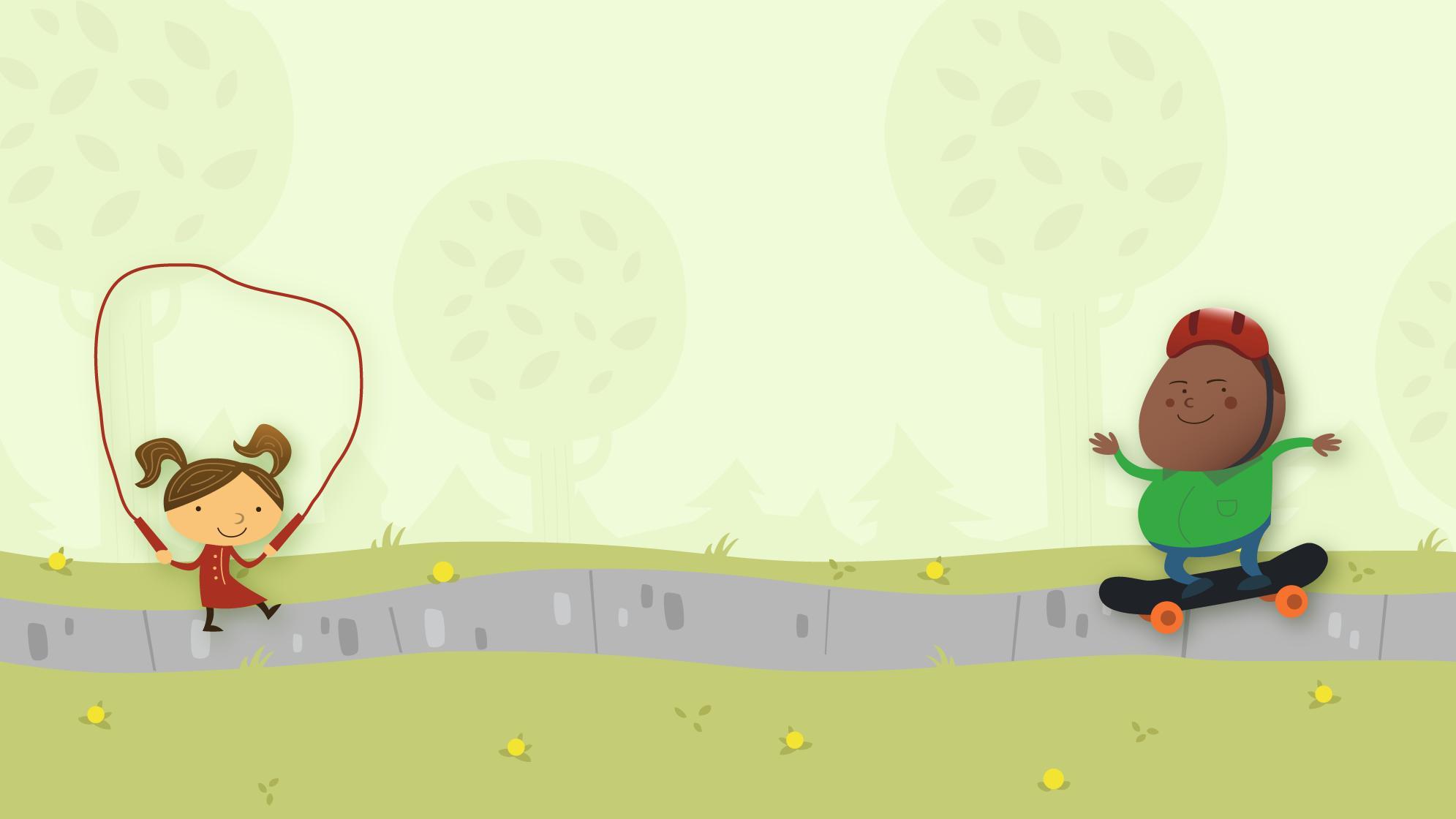
A Typical Day in Reception
Morning Session
• Register and DEAR Time (Drop Everything and Read)
• English
• Continuous Provision
• Maths

• Lunchtime
Afternoon Session

• DEAR Time (Drop Everything and Read)
• Phonics and Reading
• Curriculum Input
• Continuous Provision
• Story and Rhyme Time
English – Drawing Club
Drawing Club is a daily session where we explore stories, characters, and exciting ideas through:
• Drawing
• New vocabulary
• Mark-making and early writing
• Imaginative play

Each week, we dive into a new story – it might be a traditional tale, a picture book, or even a short film. We use this as a springboard for creativity and literacy development.
English – Drawing Club

We draw pictures linked to the book and write ‘codes’ which means using marks, symbols, letters, or simple words/sentences.
The code that the children write will depend on the child’s stage of development. Their code might include:
• Scribbles or lines that represent secret writing
• Marks or symbols they've invented
• Letters they know (like from their name)
• Name writing
• Initial sounds or simple words (e.g., “B” for “bomb” or “cat” for a secret spy animal!)
• Simple words linked to the phonic sounds we have covered
• Sentences using phonic sounds and keywords (later in the year)
Maths

At the end of the year children at the ‘expected’ level of development will:
- Have a deep understanding of number to 10, including the composition of each number;
- Subitise (recognise quantities without counting) up to 5; Find out about subitise
- https://youtu.be/Lwt7NgfeZRY
- Automatically recall (without reference to rhymes, counting or other aids) number bonds up to 5 (including subtraction facts) and some number bonds to 10, including double facts.
- Verbally count beyond 20, recognising the pattern of the counting system;
- Compare quantities up to 10 in different contexts, recognising when one quantity is greater than, less than or the same as the other quantity;
• - Explore and represent patterns within numbers up to 10, including evens and odds, double facts and how quantities can be distributed equally.
Maths

Maths sessions are practical and typically include:
Maths Songs
Stories linked to Mathematical concepts
Hands on activities
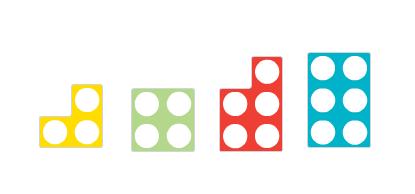
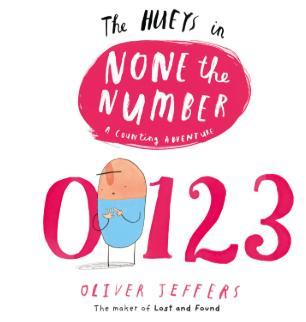
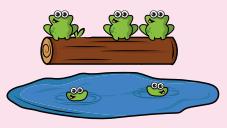
Continuous Provision

These areas, within both the indoor and outdoor provision, are set up so children can independently choose, play, explore, and learn in a meaningful way, while also building on what they have been taught during whole-class or small-group sessions.
Continuous Provision allows children to:
• Make choices and follow their interests
• Revisit and practise skills taught by adults
• Develop independence and confidence
• Solve problems and think creatively
• Communicate and work with others
• Learn at their own pace and in their own way
While children are playing, adults are very much involved! They:
• Observe and assess learning
• Join in with play to model language and ideas
• Ask questions to extend thinking
• Offer gentle guidance to deepen understanding
• Introduce new vocabulary and concepts
Continuous Provision

In our Reception classroom, areas of Continuous Provision might include:

• Construction Area – building models, problem-solving, measuring

• Reading Corner – enjoying books, retelling stories

• Writing Area – writing cards, labels, stories, shopping lists

• Maths Area – number games, counting, sorting, measuring

• Creative Area – painting, drawing, cutting, making

• Investigation Area – exploring nature, science, magnets, materials

• Home Corner/Role Play Area – acting out real-life scenarios

• Outdoor Provision – climbing, digging, water play, gross motor development
• All of these areas are carefully set up by staff with resources and challenges that link to the Early Years Curriculum.
Prime Time

Each day, the children have a short break known as Prime Time — a chance to have a drink of water and enjoy a healthy snack.
As part of the Government’s Fruit and Vegetable Scheme, we provide a free healthy snack for all children in Reception. This usually includes items like apples, bananas, carrots, or other fresh fruit and vegetables.
If you prefer, you’re welcome to send your own snack in with your child, but we kindly ask that it is a healthy option, such as fresh fruit or vegetables or breadsticks – PLEASE NOTE
WE ARE A NUT FREE SCHOOL
Please ensure your child brings a named water bottle to school every day. Drinking water regularly helps children stay hydrated, focused, and ready to learn.
• Water bottles will be kept in the classroom and children will have regular opportunities to drink throughout the day, especially during Prime Time.
Lunch Time

Lunchtime is an important part of the day in Reception — it’s not just about eating, but also about learning independence and social skills.
Where and How We Eat
Children have their lunch in the large school hall, just like the rest of the school. They are supported by a number of friendly and familiar adults, who help them with things like carrying trays and using cutlery, especially at the beginning of the year.
Building Independence
As the year goes on, we encourage and support children to become more independent at lunchtime — choosing their meal, sitting with friends, and clearing away their trays when they’ve finished.
School Meals
All children in Reception are entitled to a free school meal every day, thanks to the government’s Universal Infant Free School Meals scheme (which continues until the end of Year 2). You’ll be able to choose meals from a varied and balanced menu in advance using the MCAS app.
Children are also welcome to bring a packed lunch if preferred - PLEASE NOTE WE ARE A NUT FREE SCHOOL
After Lunch
• Once children have finished eating, they go outside for playtime in the outdoor environment, supervised by our lunchtime staff, many of whom the children already know. This gives them time to enjoy fresh air, get active, and spend time with friends.
Drop Everything and Read Time (DEAR Time)

Each day, we take part in "Drop Everything and Read" — a special time when we all pause what we’re doing to enjoy a story or book together.
It helps to build a love of reading, develop listening skills, and grow children’s imagination. Whether it’s a picture book, a class favourite, or a new story, it’s a calm and enjoyable part of our daily routine.
Phonics

Phonics is a key part of your child’s learning in Reception, and we follow the Little Wandle Letters and Sounds Revised programme — a carefully structured and trusted approach to teaching early reading.
Phonics teaches children the sounds that letters and groups of letters make. This helps them learn to read and spell words by blending (pushing sounds together to read) and segmenting (breaking words apart to spell).
Each day, your child will take part in a fun and fast-paced phonics session that includes:
1. Revisiting previous sounds and words to help build confidence.
2. Learning a new sound (phoneme) and the letter(s) that represent it (grapheme).
3. Practising the new sound through speaking, reading, and writing.
4. Blending sounds to read simple words (e.g., s-a-t = sat).
5. Spelling (segmenting) words by listening to the sounds they can hear.
6. Reading tricky words – words that can’t be sounded out easily (e.g., “the”, “said”).
Phonics

Children also take part in group reading sessions using books that are carefully matched to the sounds they know. These sessions help build fluency, comprehension, and a love of reading. To begin with, the children will read books without words to develop their storytelling.
Books will also be sent home so you can enjoy practising together. The children read the books a number of times in school so it is likely that they will be able to read their book at home with increasing fluency.
Please note that we only send home 1 book a week. We monitor the children’s progress and will ‘move’ them along the scheme when necessary.
The children also visit the library each week. During the session they will select a reading for pleasure book for you and your child to share at home.
Curriculum Inputs

An input is provided daily linked to the Early Years Foundation Stage Curriculum.
After each input, children are given time to explore, practise and apply what they’ve learned through continuous provision — our carefully planned classroom areas. Whether building in the construction area, painting at the easel, or role-playing in the home corner, these activities are designed to deepen learning and support next steps.
Curriculum Inputs – Understanding the World

Children take part in inputs that help them make sense of the world around them. This includes:
• Exploring nature, seasons, and the environment
• Learning about people, cultures, and communities
• Talking about past and present events
• Using technology in simple ways
• These sessions spark curiosity, and children continue to explore these ideas in the classroom and outdoor provision.

Curriculum Inputs – Expressive Arts and Design
We encourage creativity through weekly inputs that might include:
• Drawing, painting, printing and modelling
• Music, dance, and movement
• Role-play and imaginative storytelling
• Children then use our creative areas in their own way, applying what they've learned through play and exploration.
Curriculum Inputs – Personal, Social and Emotional Development

PSED is at the heart of everything we do. Through dedicated circle times and regular discussions, we support children to:
• Build friendships and play cooperatively
• Recognise and talk about feelings
• Develop confidence and independence
• Learn how to manage behaviour and routines

Story Time and Rhyme Time
At the end of each day in Reception, we come together for a calm and enjoyable session of Story Time and Rhyme Time. We share a story or our Rhyme of the Week to help develop:
• Listening and attention skills
• Language and vocabulary
• A love of reading and rhythm
• It’s a special time to wind down and reflect. We also take a moment to share our learning from the day, celebrating what we’ve discovered, enjoyed, and achieved together.

Reminders
To help your child settle in and make the most of their time in Reception, here are a few important reminders:
Label Everything!!
Please make sure all clothing, bags, bottles, and lunchboxes are clearly labelled with your child’s name. This helps us return items quickly and avoids mix-ups!
Wellies for Outdoor Play
We love learning outside in all weathers! Please send in a pair of named wellies, which can be left at school. This means your child can enjoy the outdoor area whenever they like.
Attendance Matters
Every day counts! Regular attendance helps your child build friendships, confidence, and learning habits that last a lifetime.
We’re here to help!

If you have any questions, concerns, or just want a chat, please don’t hesitate to speak to a member of the team. We’re always happy to help and support you and your child.
Thank you for your support — we’re looking forward to a fantastic year together!
